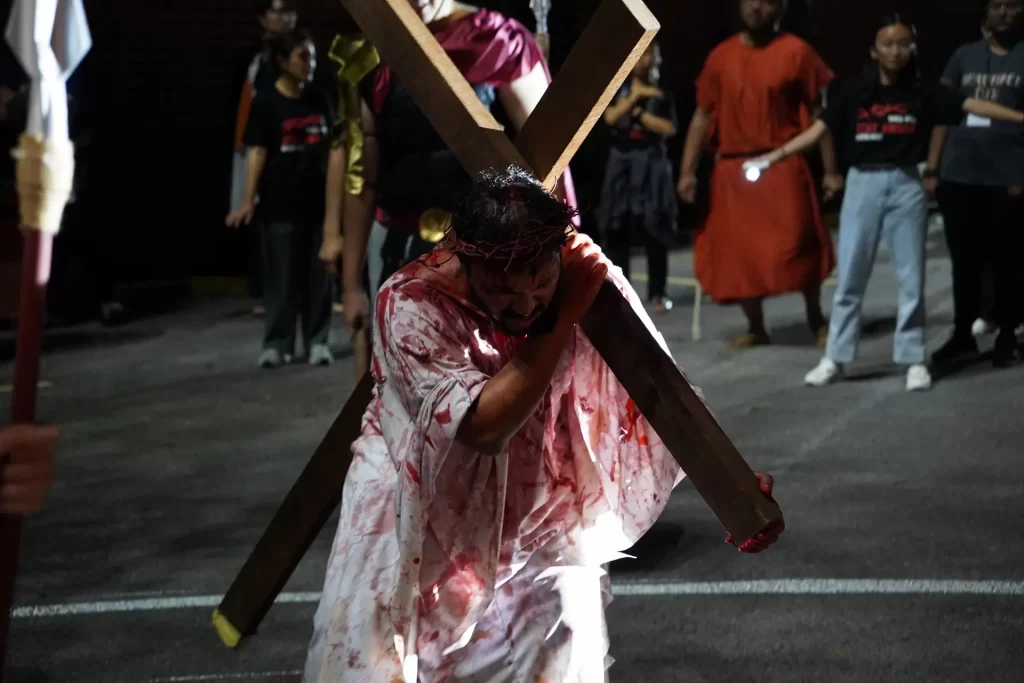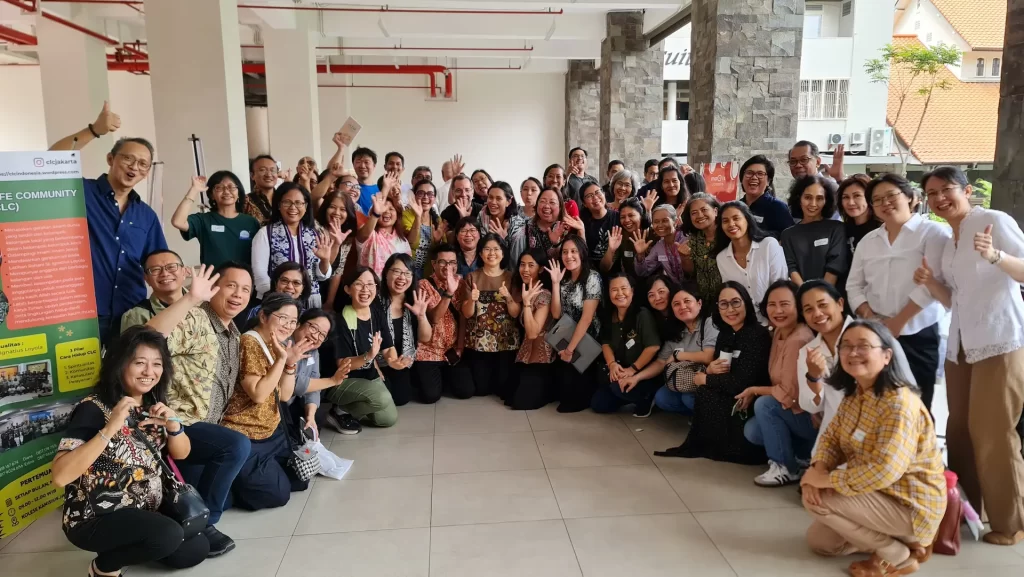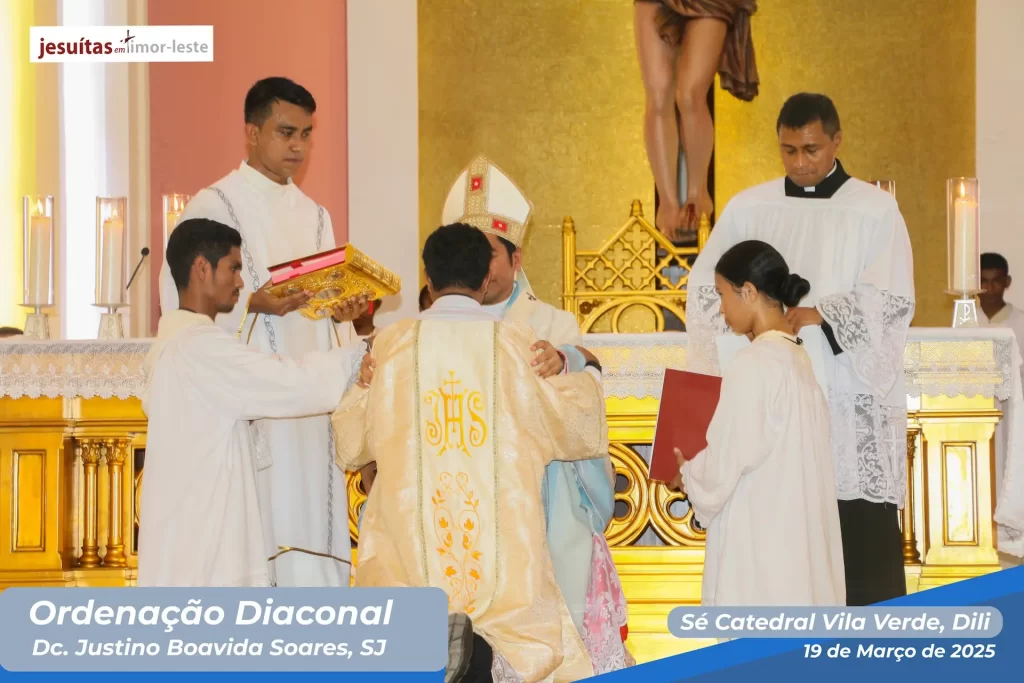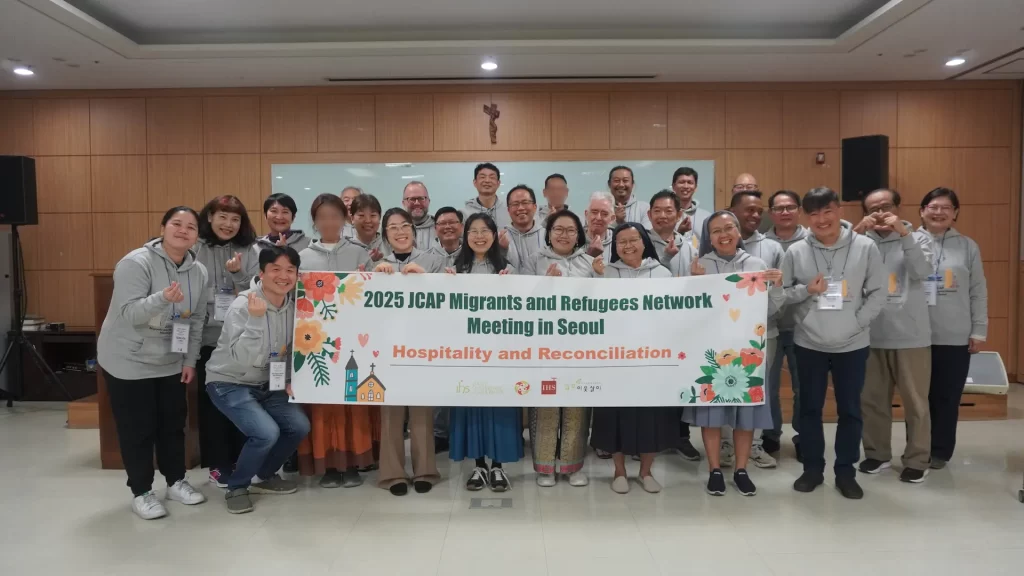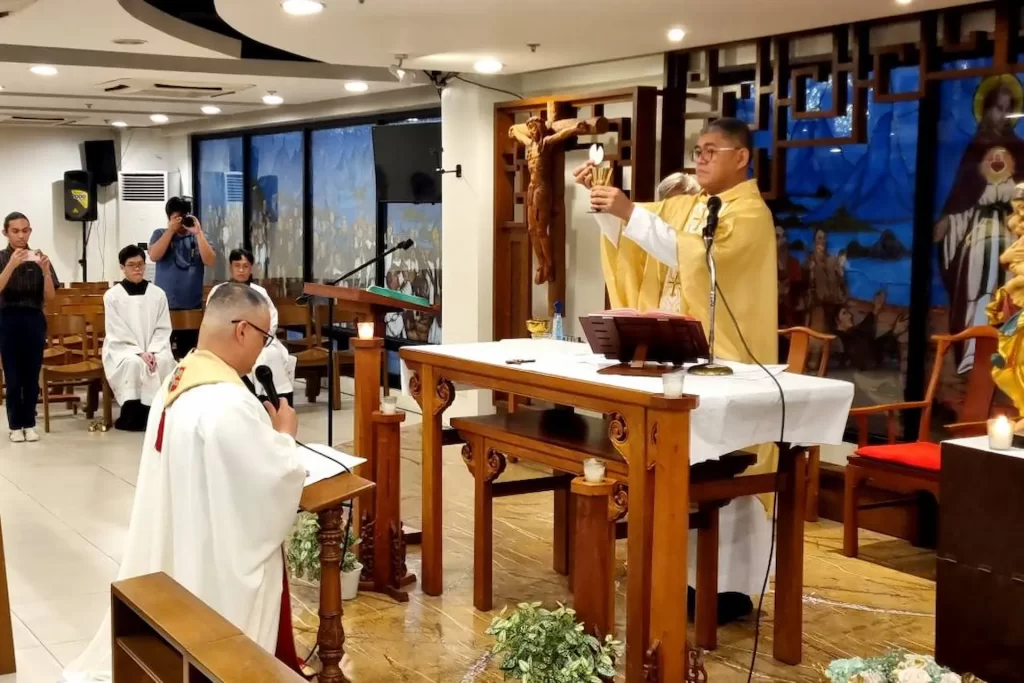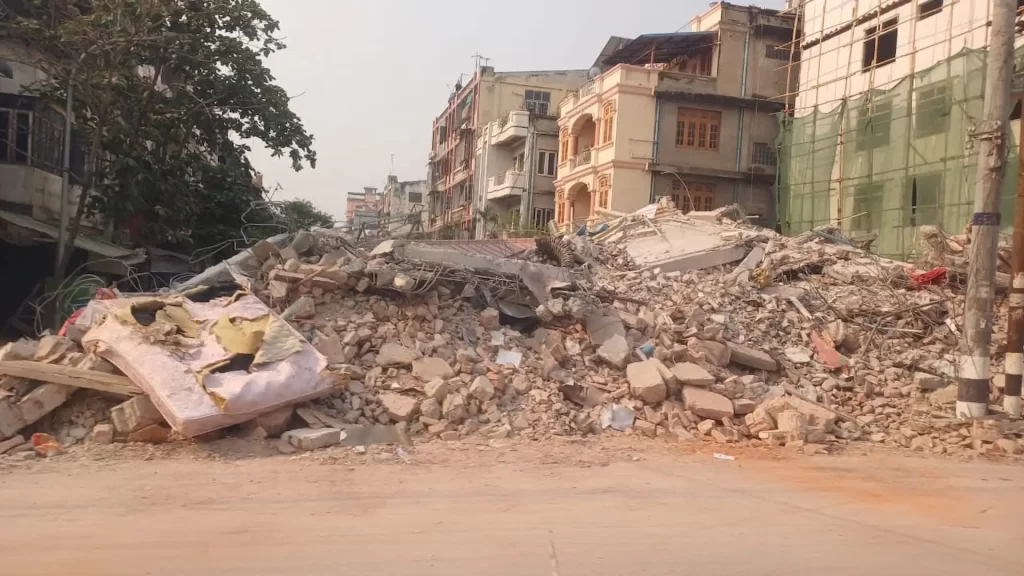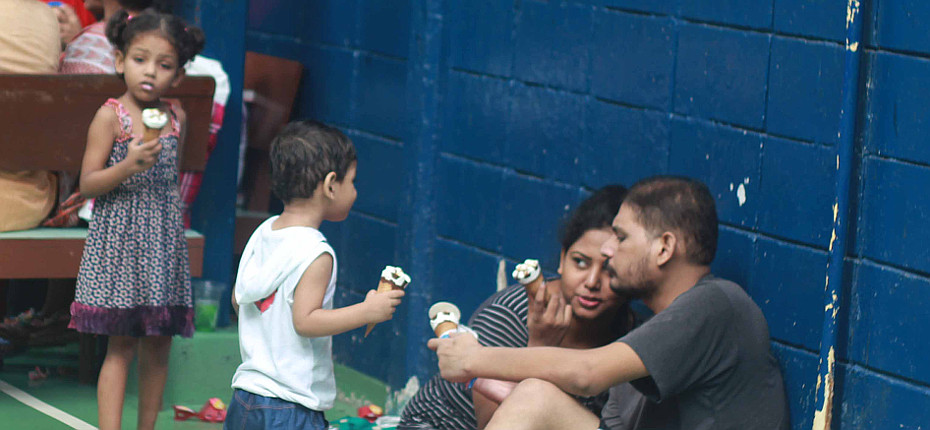
“Most of the families in the IDC are asylum seekers who have travelled out of their home countries as a unit for refuge,” said Director Vilaiwan (Kep) Phokthavi, sharing that one of the ways the prison ministry has been bringing these families together is by arranging monthly family days. “The family days provide a valuable opportunity for families to meet each other, feel emotional encouragement and enjoy recreation together,” she said.
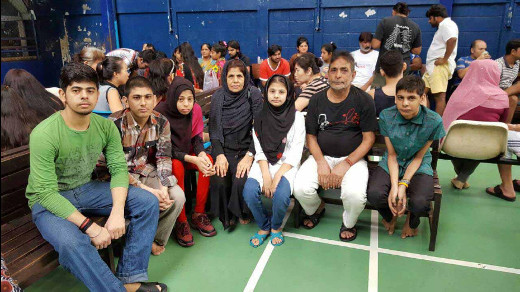
For children, the group organises activities such as on Children’s Day, in partnership with the International Organisation for Migration. “It was good for the children to have some activities with other children,” said Kep.
In the first six months of this year, the prison ministry’s IDC programme was able to assist 161 detainees, 138 male and 23 female from 24 countries, with administrative arrangements for their release from the IDC. The largest group consisted of 60 Nigerians. Kep said that the arrangements the group made included approaching embassies and consulates for travel documents, liaising with airlines, and contacting families or friends for financial support.,.
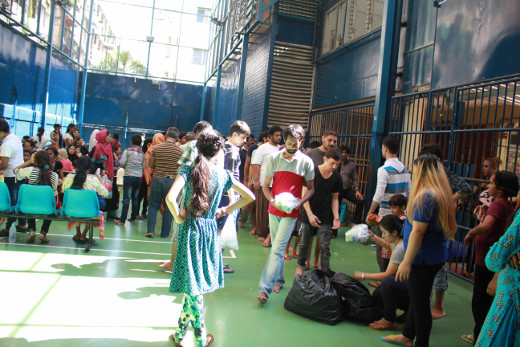
Besides the release of detainees, another priority is ensuring the detainees’ physical and mental well-being. Supplementary food, such as bread donated by hotels and bakeries, and Muslim and Indian food given by donors, are distributed to the detainees. The sick and elderly are also given cookies and milk. In addition, they set up a medical clinic within the IDC with a full-time nurse who visits the detainees in their cells every month and a volunteer doctor who visits twice a week. Those who require special attention are allowed to stay in the clinic or referred to the hospital when necessary. “We found one tuberculosis patient and one HIV case,” Kep said.
As of June 2016, there are close to 1,000 detainees in the Suan Phlu Immigration Detention Centre in Bangkok. Many of them are asylum seekers and migrant workers, some have been arrested for overstaying, and a few are foreign prisoners who have been released from criminal prisons and are awaiting deportation.
Related story: Tales from the Bangkok Immigration Detention Centre

